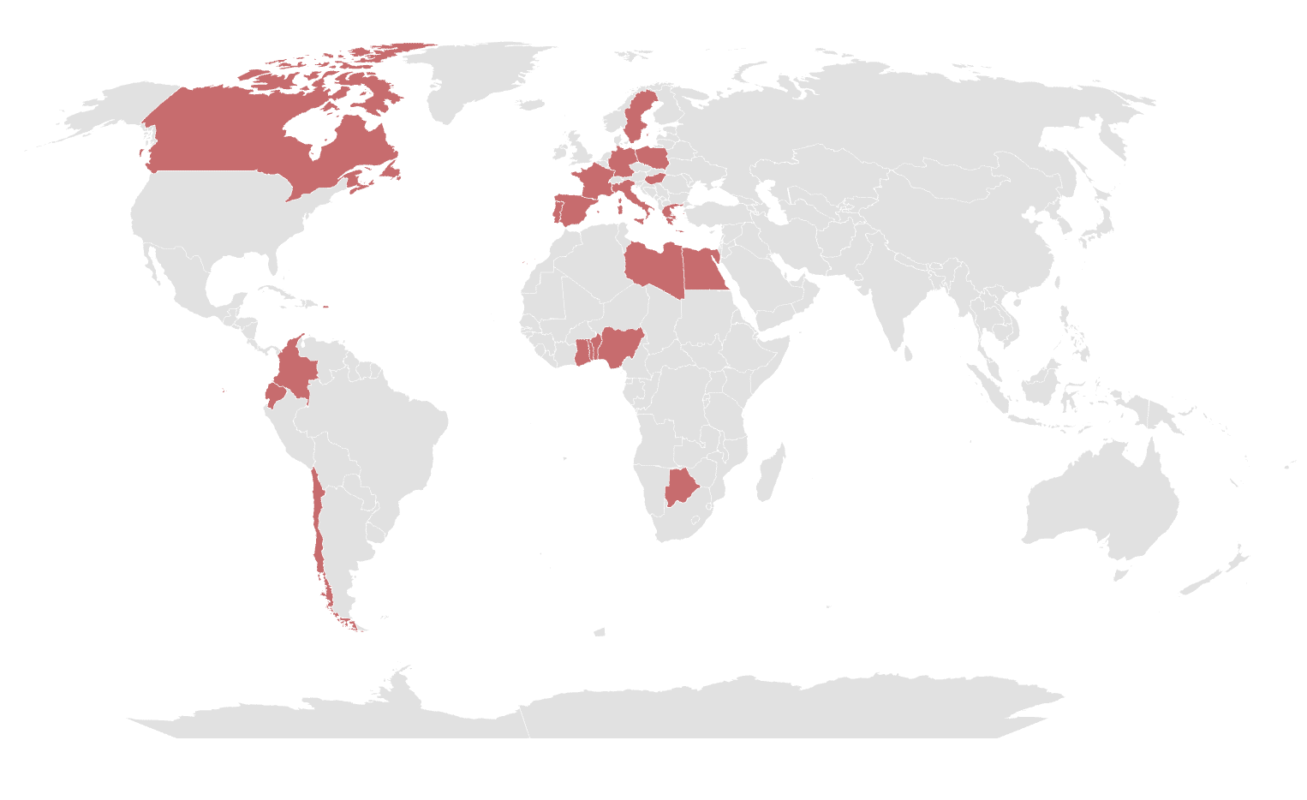Science Engagement encompasses a broad spectrum of approaches and activities linking science and society. However, beyond the English terminology, what does Science Engagement mean in other regions of the world? How could the term be translated in order to catch the meaning of “Science Engagement” in as few words as possible? In January, we asked these questions in our Community and have received stunning results. In the following, you will find an overview of how different regions of the world define Science Engagement and what the term means in their languages.
What is our purpose and how was the process designed?
To explore other translations of the term, we started to run a short survey between 18 January and 20 February 2023, which was shared in our Community-led newsletter SuperHive, on Twitter, in our monthly newsletter and on email basis.
In this period we received 33 translations in 15 different languages as follows:
- Ten translations into Spanish (Latin America and Spain)
- Four translations into Arabic from Egypt and Libya
- Three translations into French from France and Québec, Canada
- Three translations into Ewe, spoken in Ghana, Togo and Benin
- Two translations into Yoruba, language of Nigeria.
- Two translations into German and Portuguese.
- One translation into Setswana, spoken in Botswana, Italian, Swedish, Polish, Greek, Hungarian and Breton, spoken in Brittany, France
